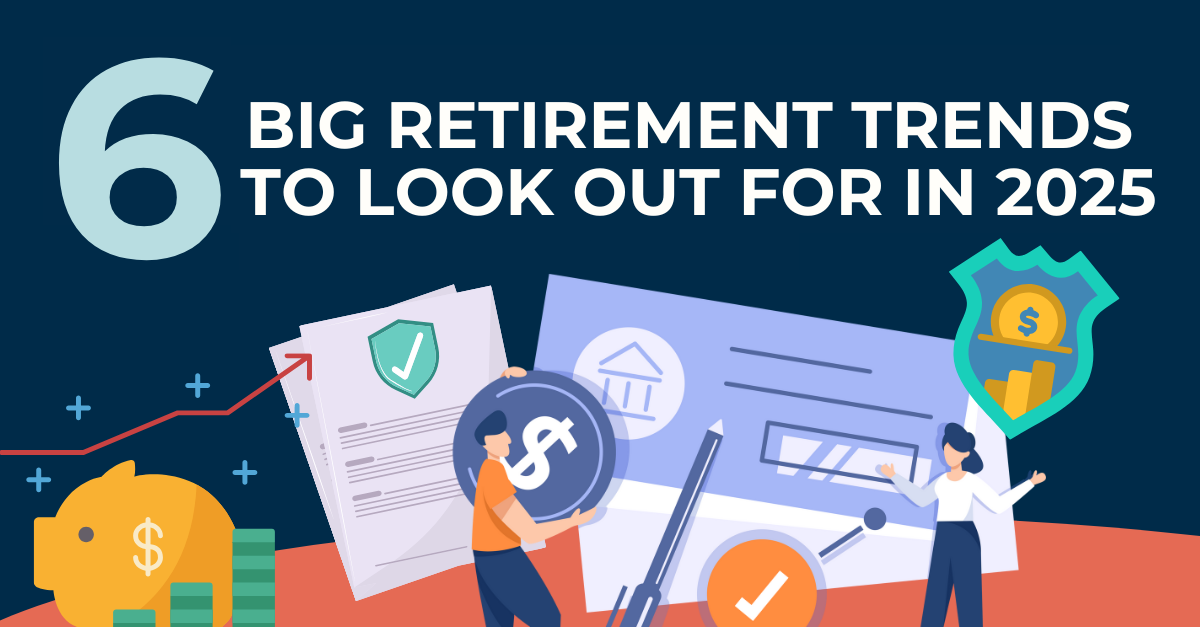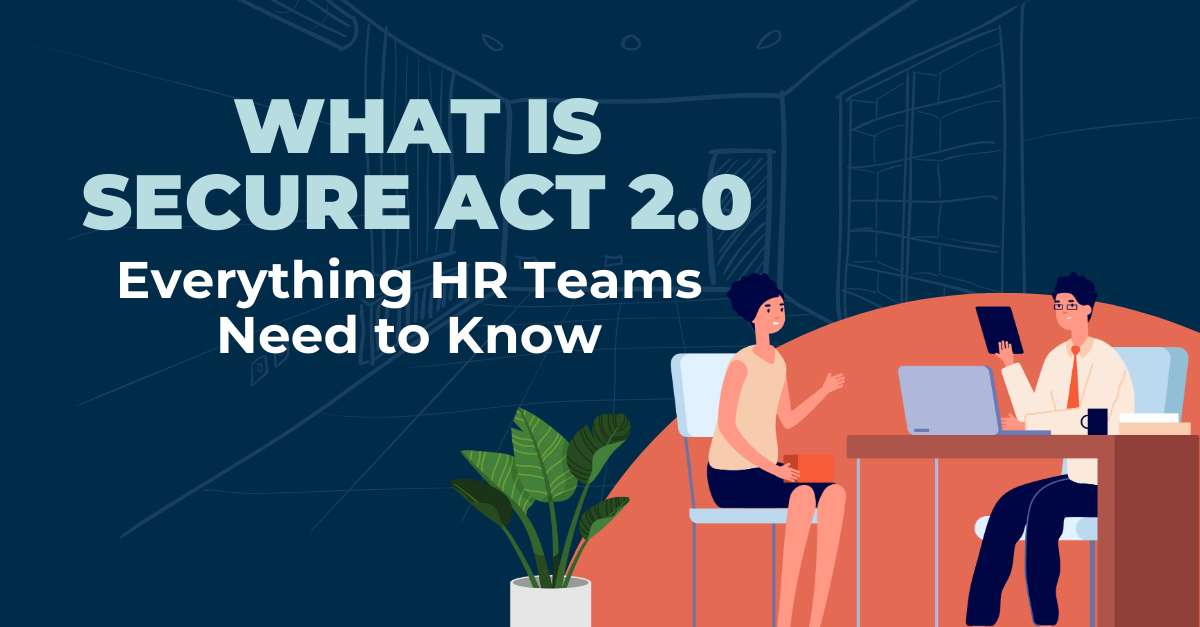Gen Z Retirement in Crisis: Why Young Workers Are Withdrawing Early

At 25, retirement is supposed to feel far away. Yet for many Gen Z workers, their 401(k) balances are already shrinking—not because they’ve stopped contributing, but because they’ve started withdrawing.
According to Payroll Integrations’ own 2025 Employee Financial Wellness Report, 46% of Gen Z employees say they’ve dipped into their retirement funds. That’s well above the 38% average across all workers. The reasons are rarely frivolous: debt repayment, unexpected expenses and the rising cost of daily life top the list.
The trend suggests that the nation’s youngest workers are treating their retirement accounts as emergency savings. Financial experts warn that this shift, if left unchecked, could set back an entire generation’s retirement readiness.
The Data Behind Early Gen Z Retirement Withdrawals
Gen Z is coming of age in a uniquely fragile financial environment. Inflation has eroded purchasing power, housing costs remain elevated, and many are saddled with student debt. Faced with sudden expenses, such as a car repair, a medical bill or credit card balances coming due, retirement accounts have become the most accessible source of cash.
The data bears this out. Among Gen Z employees who withdrew funds, 42% did so to pay down debt. By comparison, older generations were more likely to cite emergencies as their main reason.
The shift is significant. For decades, early withdrawals were considered a last resort, not a routine strategy. Now, one in three employees, across generations, expect to make another withdrawal in the next 12 months.
The High Cost of Early Withdrawals
The decision to raid a retirement account carries long-term consequences. Withdrawals before age 59½ typically trigger a 10% penalty, plus ordinary income taxes. Just as damaging, the money no longer benefits from years of compounding interest, aka the very foundation of retirement savings.
Yet, for a 24-year-old facing a $600 car repair, the choice is less about math and more about survival. Without adequate emergency savings or access to short-term credit, the retirement account often becomes the only option.
Why Employers Should Care
If Gen Z continues withdrawing from retirement accounts, the consequences ripple outward:
- Erosion of retirement outcomes: Withdrawals often trigger taxes, penalties and lost compounding returns, meaning retirement goals may become unattainable.
- Disengagement and turnover risk: When employees feel financially unstable, loyalty can waver. Financial stress is a distraction and a source of dissatisfaction.
- Plan viability concerns: Frequent withdrawals strain retirement plan designs and may complicate plan administration or compliance.
- Competitive differentiation shifts: Employers that proactively support financial resilience will have an edge in attracting younger talent.
Gen Z Retirement: Searching for Solutions
Employers and policymakers are beginning to respond. The SECURE 2.0 Act, passed in 2022, and expanded in 2025, introduced “pension-linked emergency savings accounts,” or PLESAs.
Read More from Payroll Integrations: What is Secure Act 2.0
These accounts allow employees to set aside up to $2,500 in after-tax contributions that can be accessed monthly without penalty. The idea is simple: give workers a real rainy-day fund so retirement accounts don’t have to double as one.
But adoption has been slow, and most workers don’t yet have access. In the meantime, early withdrawals continue to climb.
Payroll companies and benefits platforms see an opportunity to step in. By integrating emergency savings options, offering flexible contribution controls and embedding financial wellness tools into payroll systems, employers can help reduce the pressure to tap retirement prematurely.
Read More: How to Tailor Financial Wellness Strategies for Different Age Groups
Gen Z Retirement: The Bigger Picture
Gen Z’s early withdrawals are a rational response to financial strain in an economy that hasn’t made room for error. Still, the trend underscores a critical reality: the retirement system was not built for the financial lives of today’s workers.
Unless employers and policymakers adapt, a generation will enter middle age already behind on retirement savings, and the consequences will ripple for decades.
For now, the choice for many young workers remains stark: solve for today and sacrifice tomorrow, or guard tomorrow and risk falling short today. Increasingly, they’re choosing today.

%20Recordkeeper.png)
